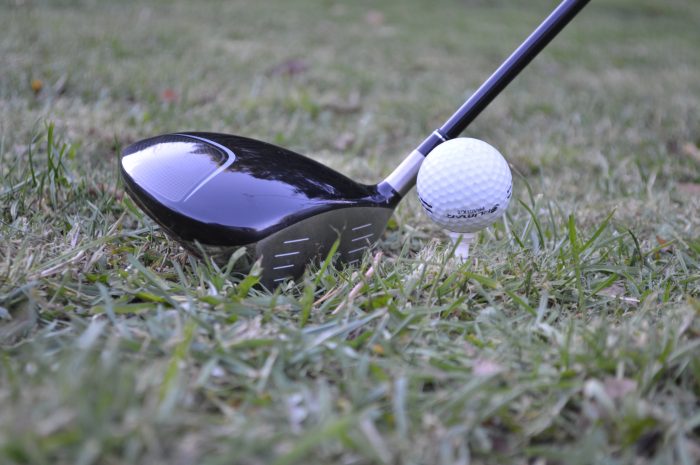Royal golf club bans plastic tees
One of the world’s oldest golf clubs has said it will ban plastic tees by the end of the year in a move to protect wildlife and greenkeeping equipment.
Royal North Devon Golf Club, founded in 1864, has said it will only allow wooden tees.
It said “plastic tees are more likely to harm the birds and animals we share our wonderful course with”.
The golf club is located on common land that is grazed by sheep and horses, and it adjoins Westward Ho! beach.
From January 1 the shop at the club will only sell wooden tees and extra tee bins are being provided on the course.
A statement from the club said: “The committee have agreed that from January 1, plastic tees will not be allowed on the golf course.

“We have all seen golf tees lying around the course, both wooden and plastic. The simple fact is that plastic tees are more likely to harm the birds and animals we share our wonderful course with.
“The greenkeepers will also tell you that they can do a great deal more harm to their equipment than a wooden tee.
“So from the start of the new decade we would like all golfers to only use wooden tees and the pro shop will only supply wooden tees.
“If you see a plastic tee (or a wooden one for that matter) that has been discarded please place it in one of the tee bins provided. There will soon be more of these for the other tee areas.
“Look after our environment and hopefully it will be there for many years to come.”
Committee member Richard Hughes added: “We want to keep the golf course as clean and natural as possible.
“Nature has been giving us a hard time recently and we want to placate nature to some extent.
“Birds pick up the plastic tees that are often garishly coloured and they drop them all over the place, including on the beach and in the sea. We have found tees in birds nests before.”
The first reusable tee was invented in 1892, when a rubber-topped peg was sold commercially as the ‘perfectum’.
Wooden tees are usually white or wooden coloured, meaning they are less attractive to birds and decompose over time.















Plastic tees do rot but it takes time: I often find crumbly old tees when I’m digging..It would be very easy for manufacturers to make plastic tees /markers/ pitchmark repairers UV sensitive so they rot quicker.